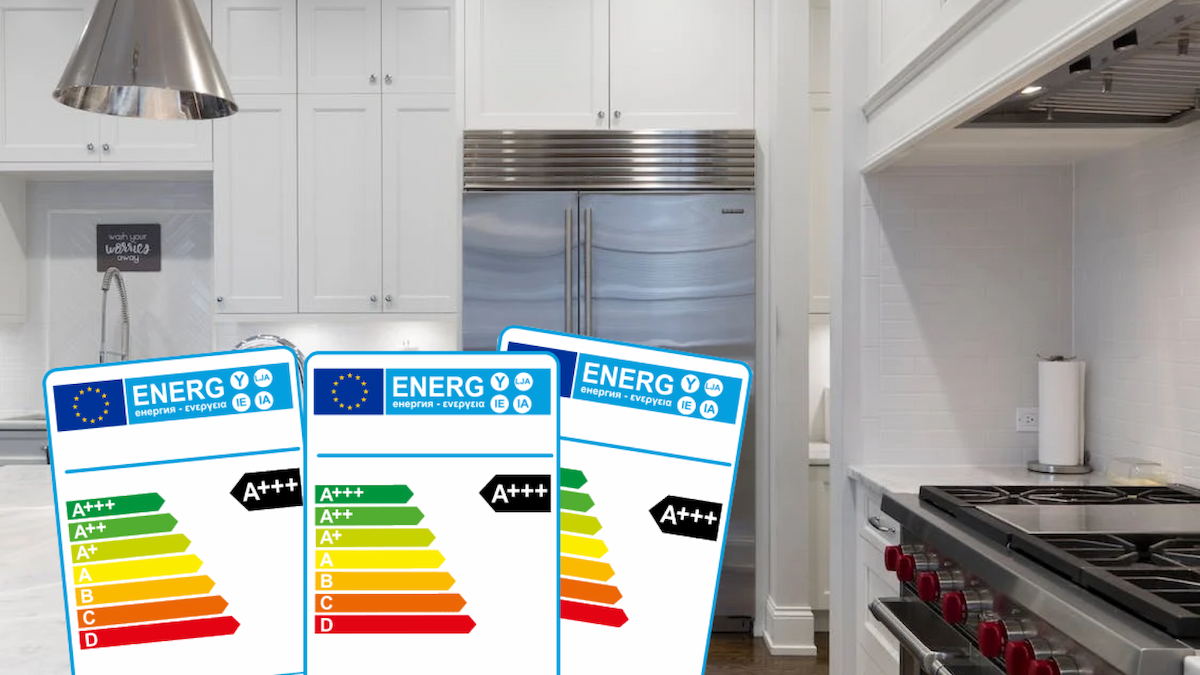
Tips for Reducing Your Appliance Energy Consumption & Saving Money
Reducing your appliance energy consumption is not only beneficial for the environment but also helps you save on your utility bills. With a few simple changes in your daily habits and regular maintenance, you can improve the efficiency of your home appliances. In this article, we will discuss several energy-saving tips that can make a difference in your overall consumption for UK households.
1. Choose Energy-Efficient Appliances
When purchasing new appliances, look for the Energy Label. This label provides information on an appliance’s energy efficiency on a scale from A to G, with A being the most efficient and G being the least efficient. By choosing energy-efficient appliances, you can significantly reduce your energy consumption and save on utility bills.
2. Unplug Appliances When Not in Use
Many appliances continue to draw power even when turned off, a phenomenon known as phantom energy or standby power. Unplugging appliances when they are not in use or using power strips with built-in switches can help minimise this energy waste.
3. Use Appliances Wisely
Optimise the use of your appliances by following these guidelines:
- Use the right size pots and pans on stovetop burners to maximise heat transfer.
- Run full loads in your dishwasher and washing machine, and avoid using the heat-dry setting on your dishwasher.
- Use your microwave or toaster oven for small meals, as they consume less energy than a conventional oven.
4. Regular Maintenance
Proper maintenance is crucial for appliance efficiency. Schedule regular maintenance for your appliances by following these tips:
- Clean the lint filter on your dryer after every use and check the exhaust vent periodically for blockages.
- Vacuum the refrigerator coils every six months to remove dust and debris that can hinder heat transfer.
- Replace or clean the filters on your air conditioner or furnace according to the manufacturer’s recommendations.
5. Optimise Your Refrigerator and Freezer Settings
The refrigerator and freezer consume a significant amount of energy. To reduce their consumption, set the refrigerator temperature between 3°C and 5°C and the freezer at -18°C. Avoid placing hot food in the refrigerator, as it makes the appliance work harder to cool down the temperature.
6. Use Cold Water for Laundry
Approximately 90% of the energy used by a washing machine goes toward heating the water. By switching to cold water for your laundry, you can save a substantial amount of energy. Most modern detergents are designed to work effectively in cold water.
7. Insulate Your Home
Proper insulation can reduce the workload on your heating and cooling systems. Seal any gaps or cracks in your walls, windows, and doors to prevent draughts and ensure that your home retains heat in the winter and stays cool in the summer.
8. Upgrade to Smart Thermostats
Smart thermostats can learn your preferences and schedule, adjusting the temperature accordingly. This can help you save energy by ensuring that your heating and cooling systems are not running when they are not needed.
Conclusion
Reducing your appliance energy consumption can have a positive impact on the environment and your wallet. By implementing these energy efficiency tips and keeping your appliances well-maintained with the help of professionals like Anyrep Appliance Repairs, you can enjoy a more sustainable and cost-effective home.